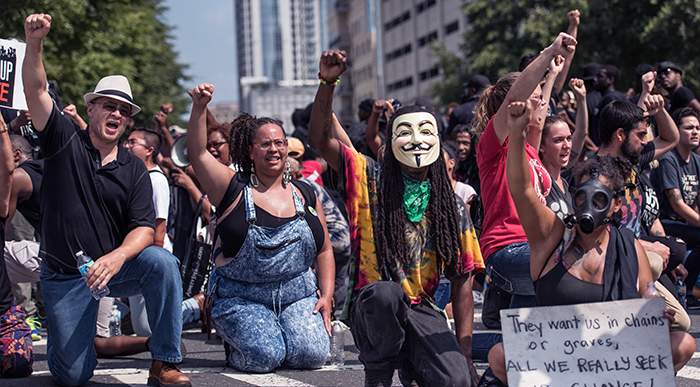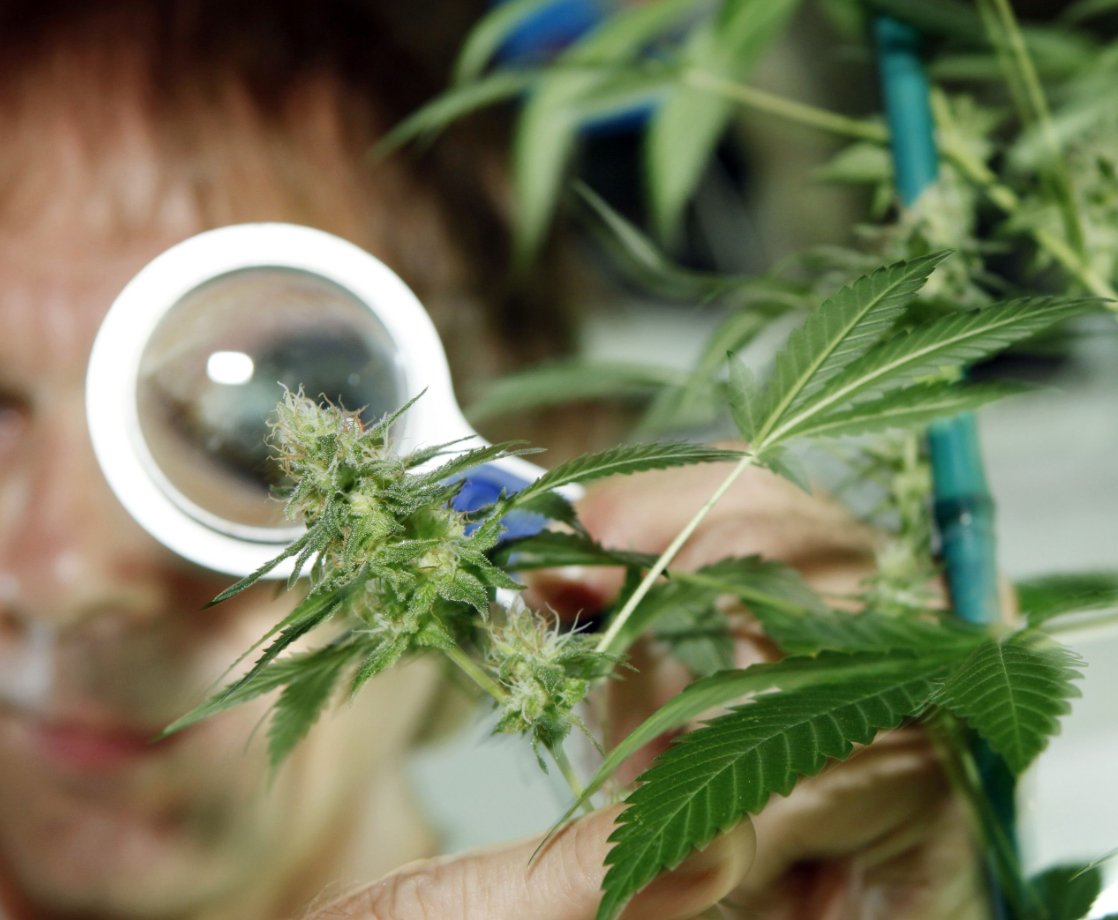Photo via Sweet Leaf Oregon
Sweet Leaf, one of Colorado’s largest adult-use cannabis dispensary chains, is officially closed. After nearly a year of legal battles with the city of Denver and Colorado’s Marijuana Enforcement Division (MED) over accusations of overselling weed, the pot shops’ owners have come to an agreement with state regulators to sell off their licenses, pay millions in fines, and disappear from the Centennial State cannabis industry for at least 15 years.
According to Westword, the agreement requires Sweet Leaf owners Anthony Suaro, Christian Johnson, and Matthew Aiken to pay more than $2 million to the Colorado Department of Revenue and MED to settle the trio’s unpaid taxes, interest, and additional penalties. The former dispensary owners will be made to use the profits from the sale of the company’s cannabis business licenses to pay off those bills. After the licenses are sold, the new owners will not be able to use, mention, or associate with the Sweet Leaf brand.
In December 2017, Denver police raided and shut down 26 dispensaries, cultivation facilities, and production sites associated with Sweet Leaf licenses, and arrested 13 budtenders under charges of “looping” — or selling more than the state allowed one ounce of weed per day to dispensary customers. While Sweet Leaf owners and budtenders said that they had misinterpreted the law as a limit on individual transaction amounts — not on the total number of daily transactions per buyer — city and state officials were not convinced, and moved to punish the company to the furthest extent of the law.
“Enforcing rules when violations occur is an essential part of Denver’s successful regulation of one of the largest legalized marijuana markets in the world,” Ashley Kilroy, executive director of the Denver Department of Excise and Licenses, said earlier this summer. "Sweet Leaf’s illegal actions undermine the entire regulatory framework created by Amendment 64… This decision supports the will of the voters for a regulated legal marijuana market, safeguards the legal marijuana industry, and protects the safety and welfare of the public.”
During a year-long investigation preceding the December raids, police officers made multiple undercover pot purchases in excess of state-mandated limits at Sweet Leaf locations. Suaro, Johnson, and Aiken filed a lawsuit against the state challenging the allegations, but withdrew their appeal this week, before agreeing to final terms with MED officials.
Adding insult to injury, Sweet Leaf’s owners have been ordered to surrender their cannabis business licenses, and been barred from taking any ownership or financial stake in a Colorado marijuana company for at least 15 years.
As federal authorities continue to threaten criminal action against licensed cannabis companies stepping over state and national laws, the Sweet Leaf case is an example of the type of illegal activity which may draw attention from U.S. Attorneys, but also of the competence of local officials to properly regulate cannabis in their jurisdictions without help from Washington.
Despite the decade-plus ban from the Centennial State, Sweet Leaf also operates a dispensary in Portland, Oregon, which appears to still be operational.











